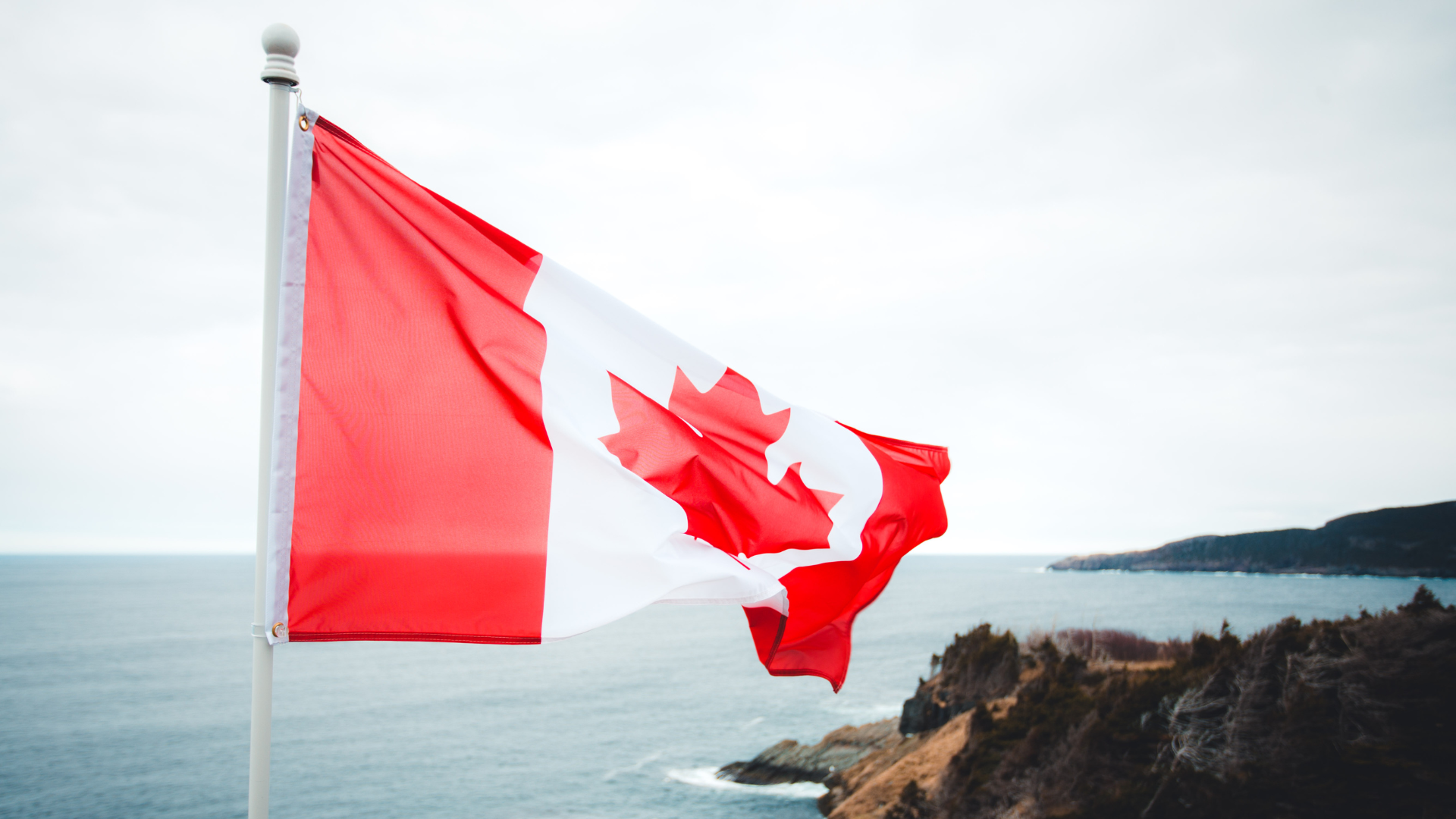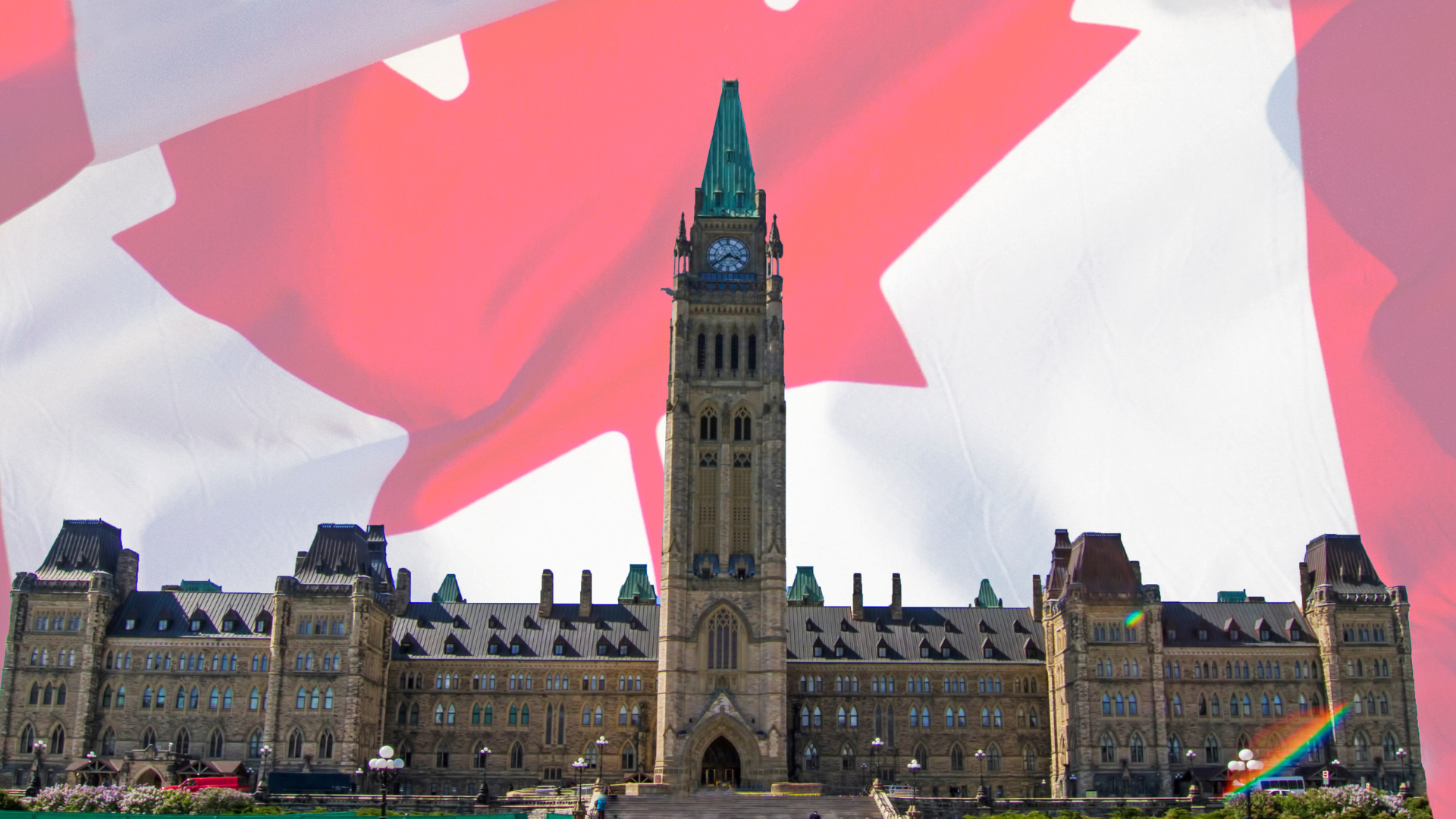Prepare These Documents Before the New TR to PR Pathway Opens

Canada is expected to launch a new temporary-to-permanent
residence (TR to PR) pathway soon. If you want to maximize your chances of
applying on time, preparing your documents in advance is essential.
When the first TR to PR pathway opened in 2021, it reached
its intake cap on the same day. Many eligible applicants missed the opportunity
because they did not have key documents ready—especially language test results
and police certificates. This time, preparing early can make a significant
difference.
According to the latest Immigration Levels Plan, the
federal government will introduce a one-time measure to help 33,000 temporary
residents transition to permanent residence in 2026 and 2027. Below is a
complete list of documents to prepare ahead of the program launch.
Documents to Prepare in Advance
Proof of Language Proficiency
- Language
test results from an IRCC-approved provider.
Proof of Criminal Background Check
- Police
certificates for countries where you lived for six months or more in the
last 10 years.
Proof of Education
- Educational
Credential Assessments (ECAs) for foreign degrees
- Transcripts
for Canadian degrees
Travel History
- Travel
log
- Airline
booking confirmations
- Passport
copies
Proof of Employment History
- Full
employment history
- Reference
letters from employers
- T4s
for Canadian jobs
- Copies
of employment contracts
Proof of Current Employment in Canada
- Work
permit
- Employer
reference letter
- Recent
pay stubs
- Employment
contract
Organizational Affiliations
- List
of organizations you have volunteered with or donated to
- Reference
letters
- Donation
receipts
Identity Documents
- Passport
- Birth
certificate
- Marriage
or adoption documents
Translations
- Certified
translations for documents not in English or French
- Translator
affidavit when required
Additional Documents for Applicants Inside
Canada
Proof of Status in Canada
- Valid
work permit, study permit, or visitor record
- Entry
stamp or online entry record
- Evidence
of maintained status (if applicable)
Documents Required for Accompanying Family
Members
Identity Documents
- Passport
copies
- Birth
and marriage documents
- Civil
status documents
Travel History
- Travel
logs
- Airline
booking confirmations
- Passport
copies
Police Certificates
- Required
for all family members aged 18+ for each country lived in for six months
or more in the last 10 years
Documents Required Only in Specific Situations
Letters of Explanation (LOE)
- Used
to clarify missing documents, discrepancies, name variations, or gaps in
history
Proof of Common-Law Relationship
- IMM
5409 form
- Joint
leases, bills, bank accounts, or credit card statements
- Proof
of 12 months of continuous cohabitation
Name Change Certificates
- Certificates
showing legal changes in name
Key Document Details You Should Understand
1. Language Test Results
Language test results are mandatory for economic
immigration pathways. Tests must be from IRCC-approved providers such as
CELPIP-General, IELTS General Training, PTE Core, TEF Canada, or TCF Canada.
Results are valid for two years, and must still be valid on the date you apply.
2. Police Certificates
Police certificates help IRCC determine whether an
applicant is criminally inadmissible.
They may take several months to obtain depending on the country, so early
preparation is recommended.
Certificates must be:
- Issued
within six months of your PR submission if you currently live in that
country
- Issued
after your last trip of six months or more if you no longer reside there
3. Educational Credential Assessments (ECAs)
Foreign education needs to be assessed by an approved ECA
provider.
ECAs are valid for five years.
4. Travel History
Applicants must list all travel outside their home country
for the past 10 years (or since age 18).
Keep a detailed log to avoid errors.
5. Employment Documents
Most economic streams require proof of work experience.
IRCC examines reference letters, pay stubs, contracts, T4s, and NOAs to confirm
your job duties, hours, and duration of employment.
6. Identity and Civil Status Documents
These documents confirm your identity and family
relationships.
Ensure all information is consistent across documents.
7. Translations
IRCC only accepts documents in English or French.
All foreign-language documents require a certified translation and a copy of
the original.
Tips for Preparing Your PR Application Package
- Scan
and label all documents clearly in advance.
- Track
document validity periods, especially language test results, ECAs, police
certificates, and passports.
- Ensure
employer reference letters include detailed job duties, hours, salary, and
employment dates.
- Follow
IRCC’s translation requirements exactly.
- Use
a Letter of Explanation if you cannot obtain certain documents or need to
clarify gaps.
- Double-check
all documents before applying to ensure nothing is missing or expired.
Preparing your TR to PR application early can significantly
improve your chances of submitting on time, especially if the program fills
quickly. Taking these steps now will help you apply efficiently and accurately
when the new pathway opens.






